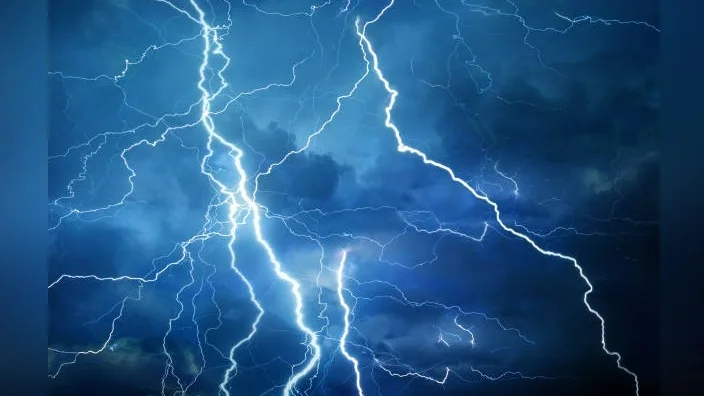In response to the increasing frequency and intensity of climate disasters such as hurricanes, storms, and wildfires, Church World Service Emergency Preparedness Response and Recovery (EPRR) Covenant Partners gathered in Cleveland on March 13-14. The meeting was hosted by the United Church of Christ amidst a backdrop of reduced staffing at the Federal Emergency Management Agency (FEMA), which has seen more than 200 employees cut.
Zach Wolgemuth, EPRR director for Church World Service, highlighted the significance of this gathering: “We carved out time to look at challenges and opportunities with folks from similar faith backgrounds, bringing together a safe space with lots of dialogue.” He emphasized the group's forward-thinking approach in addressing today's political climate and the importance of collaboration.
The ecumenical group includes various leaders from denominations such as Mennonite Disaster Service, Episcopal Relief and Development, American Baptist Churches, United Methodist Committee on Relief, Lutheran Disaster Response, Brethren Disaster Ministries, Week of Compassion of the Christian Church (Disciples of Christ), and Presbyterian Disaster Assistance. UCC Minister for Disaster Response and Recovery Katie Howe also participated.
The meetings focused on reviewing disaster relief situations like the Southern California wildfires and hurricanes Helene and Milton. “We fill the gaps that we see in disaster response,” said Howe. She noted that discussions allowed partners to strategize better responses collectively.
Andrew Long-Higgins from UCC Global HOPE stated: “The benefit of conducting reviews...is that each denomination is able to share what they are hearing from their local churches.” This collective insight aids in understanding community needs more comprehensively.
The group also discussed potential impacts if FEMA were downsized or eliminated. Wolgemuth expressed concern over "a lot of unknowns" regarding social safety nets for disaster survivors.
Despite financial constraints due to federal reimbursement limitations under the Trump administration, which have affected CWS's operations significantly, UCC sponsored these crucial meetings. Long-Higgins praised them as highly productive: “For me, this is one of the most productive ecumenical meetings because it is focused on tangible and practical work.”
Recent participation in a National VOAD convening laid groundwork for these discussions. Howe remarked that it provided important high-level overviews for engaging proactive conversations among faith-based organizations.
Long-Higgins concluded by acknowledging current challenges but emphasized collaboration's importance: “At a time when so much...is hindered by an atmosphere of polarization...opportunities to engage in productive collaboration...are a helpful reminder that the work we do is not ours alone.”
Wolgemuth appreciated UCC's support: “There’s a level of trust among our organizations here – a level of candidness, love, trust, and support – that is extremely unique compared to other coalitions."
 Alerts Sign-up
Alerts Sign-up





